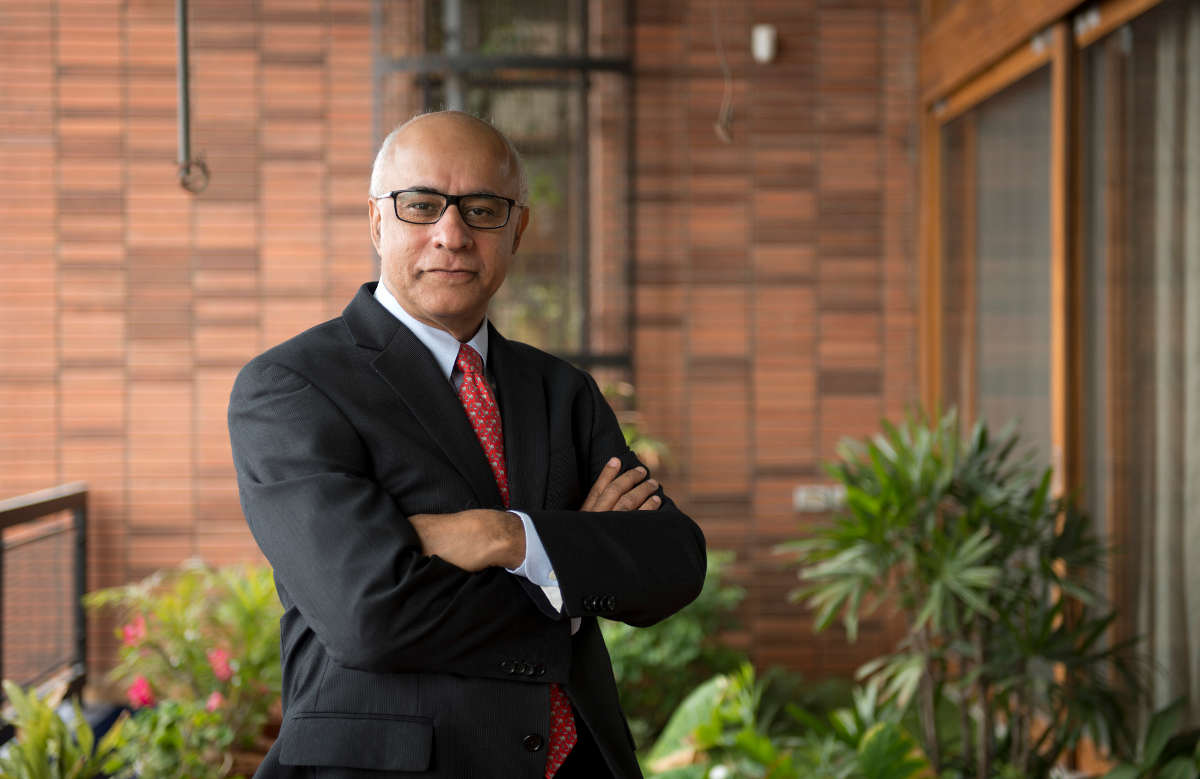I'm 55. I had pinned my hopes on my only son taking over our second-generation family mineral trading business. But my son says he's simply not interested in the family business and wants to start his own chain of restaurants. How do I deal with this transition? Friends suggest that I exit the business. But that's a very difficult, emotional call for me. Can you please help?
There are two parts to your question; both are very critical. They indicate not one, but two lives at points of inflection. On one hand, you are concerned about your son but I think we need to be concerned about you as well. But first let us talk about your son. As a parent, you are understandably invested in his future success and happiness. But for now, the path to it in your own mind is his willingness to inherit your family business.
But we also must look at something else: What gives people a higher chance of success in business? To explore this let me build you a 2 by 2 matrix. On the x axis of the 2 by 2 matrix, I suggest that you plot love and on the y axis, plot competence. What we now have are four quadrants: if your son is at the bottom left, in the quadrant of low love and low competence, he would fail. This is the quadrant of death. One should not be in a business that falls in this category.
On the upper left, on top of this quadrant, is the quadrant of high love and low competence. Some of the ideas your son has may fall in this space. If you allow him to experiment here, teach him the essentials of running a successful business. These apply equally to any business. On the lower right, you have the quadrant of high competence and low love. Your son, given his upbringing, may easily be here. He might have a lot of tacit competence, through sheer osmosis, in the mineral trading business. If he is in this quadrant, he will eventually pull the business to the quadrant of low love and low competence because it is the quadrant of boredom.
Now let us shift to the upper right-most quadrant. It is the magic quadrant of high love and high competence. This is the Steve Jobs stuff. If you let junior experiment and struggle, make the mistakes, take the chances, he may land up here. He may also fail along the way. But the seed that falls farthest from the tree has the highest chances of growing large. This may well happen.
Now let us shift the conversation to you. What is in store for your own life now that you are 55 and your friends are advising that you exit your business? We need to carefully look at that question, quite independent of what choice your son makes. It probably defines a large part of who you are today. At 55, in many ways, your best years have begun. You are now not only competent but wise. That combination is indeed very good for the business you have built. But apart from all this, there is yet another, non-trivial aspect to any exit. To understand it, let me narrate you a real story.
A very successful businessman sold off his business and made a lot of money. After all the wealth was put into a well-planned trust in the most tax-efficient manner, the will was written, the charm of playing bridge on a Monday morning duly experimented with, all the exotic, small-group SITA tours were undertaken, the farm house rebuilt, the local charity supported, the man finally went to a wealth manager. He wanted to buy a business. The wealth manager was surprised that the turnaround was so quick. He assumed that the businessman was probably now engulfed in boredom. But the wealth manager was taken aback when the businessman told him the real reason. He was unable to get his son a bride because no sensible parent was willing to have their daughter wed into a family where no one did any work but there was a lot of money. That is why the man now wanted to buy a business. Even if the man had money, the wealth manager told me, he had suddenly lost his social standing. The point of sharing this story with you is to ask you to think of some of the unintended social consequences of selling off your business.
If you have a question, write in to askbagchi@foundingfuel.com.
This article was published concurrently in Mint


